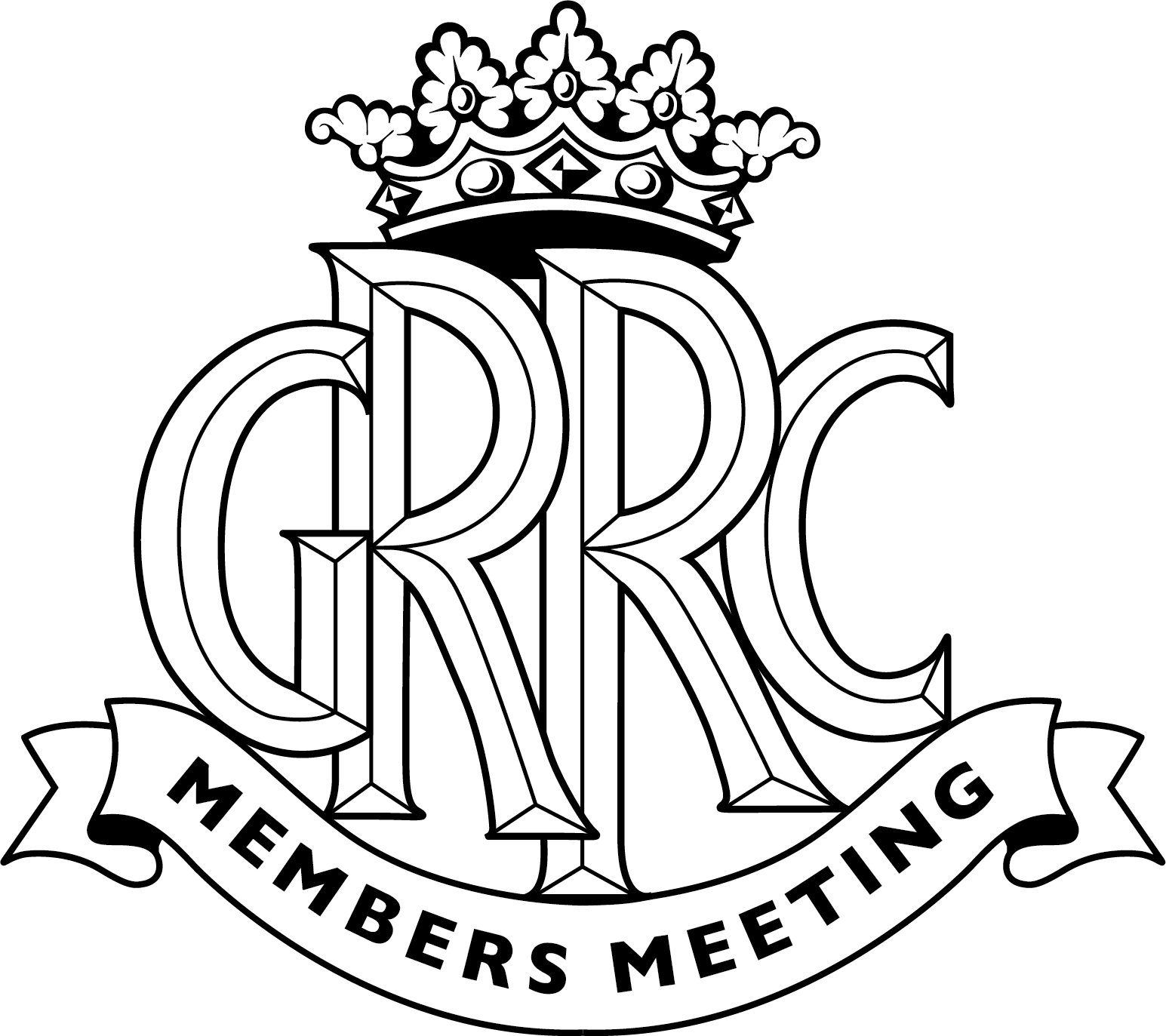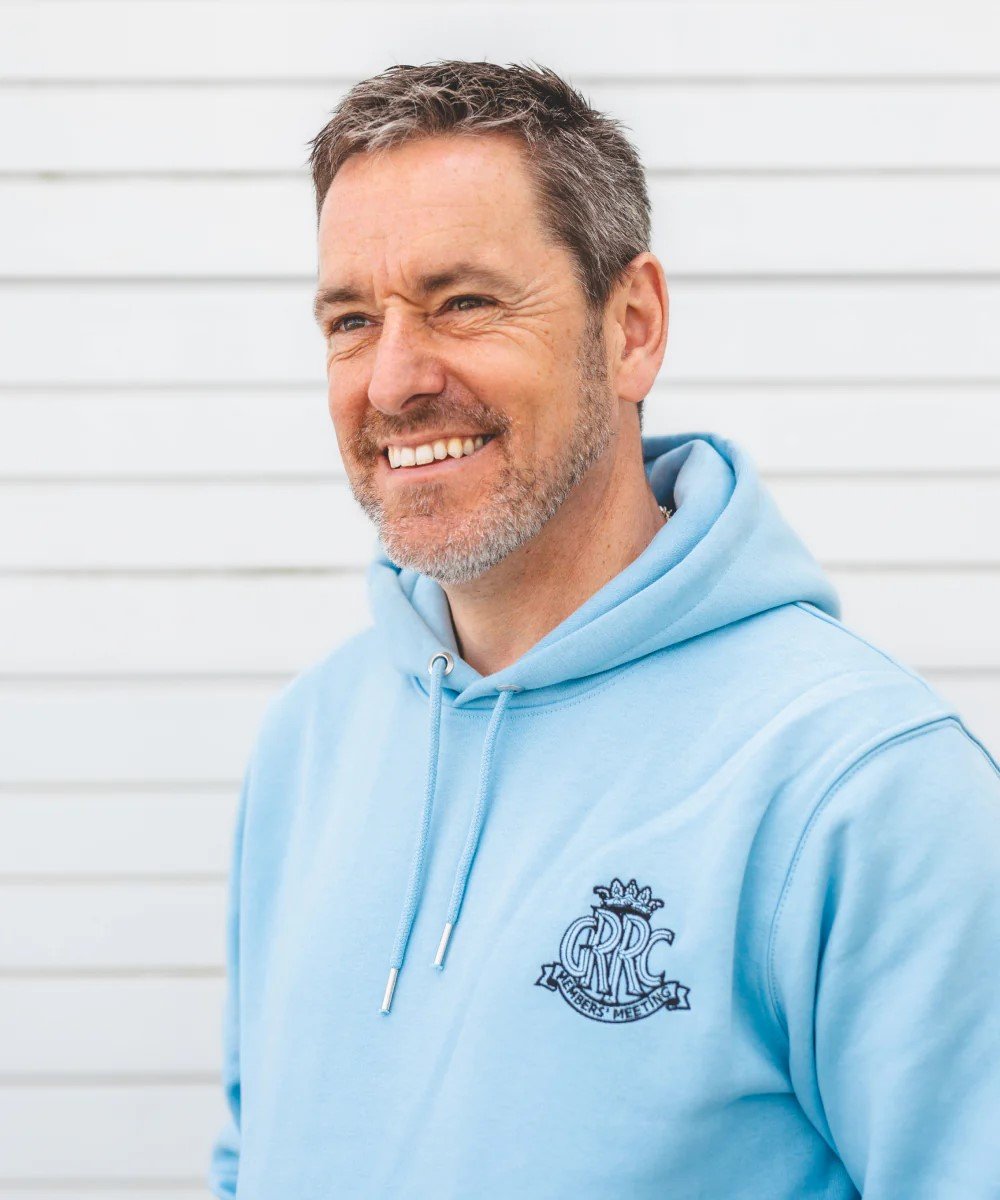The Leyton House CG901 Formula 1 car catapulted Adrian Newey’s career
If you have even a passing interest in Formula 1 you’ll know of Adrian Newey, the superstar aerodynamicist who has contributed to the successes of Williams, McLaren and Red Bull. His influence in bringing those constructors’ cars to the forefront of the Formula 1 grid cannot be underestimated. But there’s another F1 team that holds a very special place in his heart: Leyton House, where he cut his teeth and made his name. And the three-year restoration of his own Leyton House CG901 was complete just in time for the Festival of Speed presented by Mastercard.

Leyton House was born out of the March team, and in the late 1980s it was punching well above its weight. The March 881 of 1988 was a real innovator, its raised nose and sculpted endplates going on to be copied by the entire grid. Moreover, the car was packaged to be very small. The team was forced into such innovation because it was running naturally aspirated engines when the turbo-era cars were still ruling the roost.
“It was the tail end of the turbo era, and they were aerodynamically quite crude,” says Newey. “They were big clumsy cars pulled along by powerful engines. Because we were coming in with a normally aspirated engine we knew we’d be down on power so we set about producing a small, aerodynamically efficient car and the 1988 car became much-copied of the following years.” It’s no exaggeration to say that the 881’s design changed the philosophy in F1 design.
“We had very good results in ’88. We were a tiny team with 50 people and four engineers in total – you can’t believe that by today’s standards [Red Bull’s team is 800 strong] – but nevertheless in 1988 we were the only naturally aspirated engine to lead a race, we finished second in Estoril behind Prost but in front of Senna.”
The following year wasn’t so good for the team, now Leyton House, with the CG891. Other teams’ cars borrowed lessons learned from the 1988 car, but Leyton House’s own developments seemed to be causing it to lose performance. It was a situation that continued until the middle of 1990 with the CG901, when the issue was traced to erroneous information from the wind tunnel. “There was no correlation between the wind tunnel and what the car was doing on the track and we finally figured out it was a problem with the wind tunnel itself,” says Newey.

Once that problem was overcome Leyton House’s performance turned around. “It went from not qualifying in the race before France to leading most of the race and finishing second so it very much a mixed season but that Ricard result was a real watershed for me. When you get problems you’ve just got to stick at it and not lose confidence in yourself.”
Newey was fired by Leyton House mid-way through the 1990 season, and took much of the design and principles of the CG901 with him to Williams. “If you look at the Williams FW14 lined up alongside this car, you’ll see it’s a similar beast,” he says. With a bigger team and more budget, we really got to see what Newey’s influence could achieve.

But none of that detracts from the fact that Newey’s time at Leyton House was significant in his career progression, and his freshly restored CG901 is a representation of that. Newey graduated in 1980 and initially went to work for the Fittipaldi Formula 1 team as an aerodynamicist. After a year and a half there, he went to March as a junior draftsman and a race engineer at the weekends. His early years gave him a great grounding in the industry. “By the end of ’82, I’d gained experience in the three main disciplines of aerodynamics, design and race engineering,” he says. Just a few years later he was designing grand prix winning cars.
The restoration was carried by Patrick Morgan, son of Ilmor Engineering co-founder Paul Morgan. “He’s done a superb job,’ says Newey. “It was the usual last minute thing – the car had its first shakedown on Wednesday and then came straight here. It’s done a grand total of about 5km since the rebuild.” Even so, when we met Newey just after his first run up the Hill, the car was performing perfectly.

This is not the first CG901 Newey has driven – a few years ago he drove one back-to-back with a Red Bull RB06. He’s clearly a fan: “It’s really lovely to drive. It’s a very pretty car. It’s nice and simple in that it’s an H-pattern gearbox, no hydraulics and fairly simple electronics.”
He’d like to see a race category open up for the CG901 and its contemporaries. “This is the golden era in as much as afterwards we had much more complicated electronics, paddleshift gearboxes, hydraulics and so forth. In terms of running them, the 1990 cars are not much more complicated than a 1960s Formula 1 car.”
He had no such competitive ambitions at the Festival, however. “I’m not out to compete. I don’t treat the Goodwood Festival of Speed as a competitive event, it’s an event to enjoy yourself.”
Photography by Tom Shaxson.
Adrian Newey
Motorsport
Formula 1
March
Leyton House
FOS
FOS 2019
2019









































































